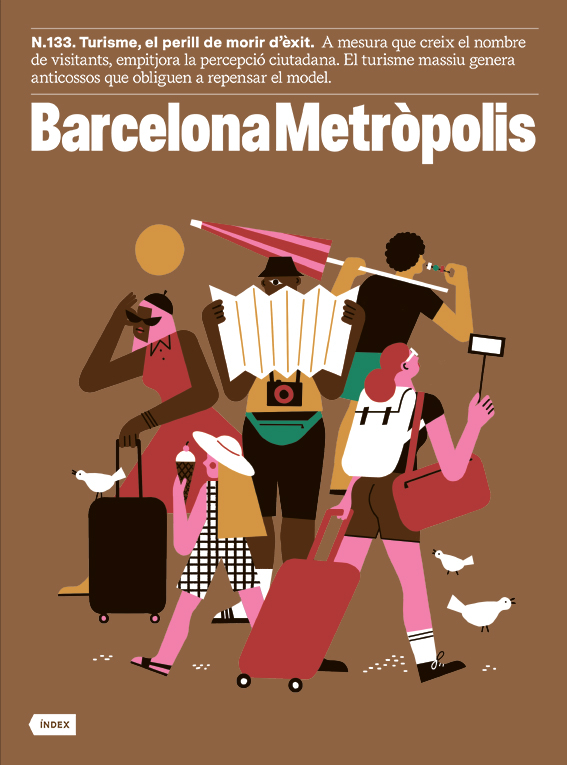Nexus: Power is information
- Books
- Culture Folder
- Jan 25
- 6 mins

I read Sapiens by Yuval Noah Harari before it became a global publishing sensation and long before the author emerged as a cult figure in Silicon Valley and Davos. This admission may seem like an attempt to lay claim to the pre-fame Harari, but it serves to highlight how his influence and impact have evolved over time. With Nexus, Harari continues his mission of connecting the past, present and future in a narrative that delves into the power of governing structures and the information networks that sustain them.
Harari offers us a fascinating perspective: the systems of government we’ve created are essentially networks for the exchange of information. From the earliest hierarchies to modern democracies, political structures not only organise and direct society but also collect, process and redistribute information among various groups. This constant flow of information is what determines the effectiveness and sustainability of any governance system. Through historical examples, Harari illustrates that power and authority are not simply imposed forces but a complex web of interdependencies where information circulates and is controlled.

This dynamic is particularly relevant in democracies, which Harari defines as decentralised networks of information. In these systems, nodes such as the legislative, executive and judicial branches, the press and academia are balanced, each keeping the others in check through self-correcting mechanisms. In contrast, totalitarian regimes concentrate all information in a single central hub, making them inherently inefficient. Harari argues that China, Tsarist Russia, Stalin’s USSR, Nazism and even Putin’s Russia exemplify these centralised systems, where control is maintained through three key pillars: the state, the party and the secret police.
IA and efficient totalitarianism
Harari provocatively suggests that, while 20th-century totalitarian regimes were unable to consolidate power due to the lack of technologies that would enable large-scale, centralised control, this could change with the advent of artificial intelligence (AI). AI has the capacity to process and analyse vast amounts of data that humans cannot even imagine, detecting patterns with unprecedented accuracy. While in the past, an excess of data led to inefficiency, in today’s AI-driven world, more data means greater opportunities to uncover patterns. According to Harari, this could pave the way for an efficient totalitarian regime, particularly if a powerful AI were placed in the hands of an irresponsible leader.
However, I disagree with this perspective and believe that Harari assigns AI an agency and intent that it does not actually possess. No matter how advanced, AI remains a tool that depends on goals set by humans. Without a clear direction, AI cannot make independent decisions; if it lacks a maximising function, it is as useful as a computer in screensaver mode. This doesn’t mean the risk of AI misuse doesn’t exist, but it also isn’t inevitable. We’ve managed nuclear risks for nearly eight decades and prevented biological weapons from falling into dangerous hands; we should be able to do the same with AI.
Harari’s ability to draw connections between seemingly unrelated disciplines, such as history, philosophy and technology, makes Nexus both an engaging and thought-provoking read. While he may not be the leading expert in each of these fields, his storytelling talent and expertise as a communicator are undeniable. Just as he captivated us with Sapiens, Homo Deus and 21 Lessons for the 21st Century, Harari once again draws us in with an argument that challenges us to reconsider our place in an increasingly interconnected and technological world.
That said, as a futurist, Harari is no better than you or me. As Niels Bohr famously said, predicting the future is hard, especially when it’s about the future.
Nexus. A Brief History of Information Networks from the Stone Age to AI. Yuval Noah Harari
Fern Press, 2024. 528 pages
The newsletter
Subscribe to our newsletter to keep up to date with Barcelona Metròpolis' new developments




